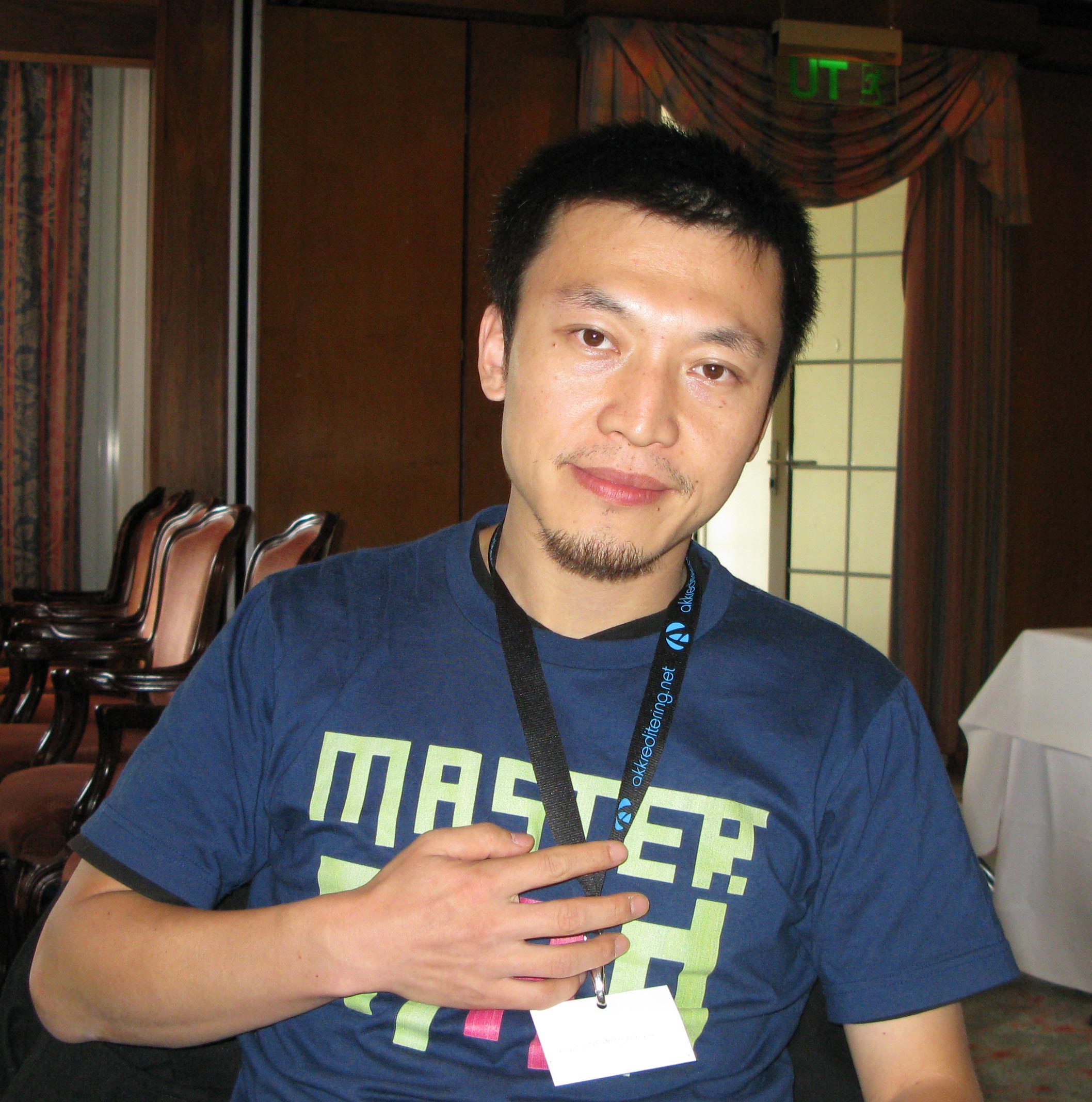Some 500 investigative journalists from 86 different countries descended on Lillehammer, Norway, for the Global Investigative Journalism conference (GIJC) last week, but hardly any used social media to report live from the event.
 Isaac Mao, who is often referred to as China’s first blogger (pictured right) and has watched bloggers slowly changing China’s media landscape for the better, found the absence of livebloggers and users of microblogging sites such as Twitter surprising.
Isaac Mao, who is often referred to as China’s first blogger (pictured right) and has watched bloggers slowly changing China’s media landscape for the better, found the absence of livebloggers and users of microblogging sites such as Twitter surprising.
‘Social media should redefine journalism’
“I wish 20 per cent here would twitter rather than just one, as it makes twittering from a conference more interesting. I think the group here is really big, but I have seen three guys open Skype, and no-one, other than you, have the Twitter-screen open,” Mao told me.
The high-profile blogger and social entrepreneur thinks blogs should redefine the landscape of journalism and how broad it really is, by enabling readers to participate more in traditional media.
He is firmly of the opinion that media should not be the exclusive domain of a few prestigious journalists.
“It is like The Global Shining Light Award which was awarded here: we need everyone to be enlightened. This has been conference 1.0. I did not want to challenge it as people need time to adjust to the new reality.”
The power of Chinese bloggers
In this new reality Mao talks about, China has some 50 million bloggers (47 million at the end of 2007). Of those, only about 20 million can be described as active, but that is more than enough to make it difficult for the Chinese government to monitor all of them effectively, said Mao, who was invited to the Lillehammer conference to talk about the power of Chinese bloggers.
Mao is the founder of CNBlog.org and Social Brain Foundation, which support numerous grassroots initiatives in China, and is an associate of the Berkman Centre for Internet and Society at Harvard Law School in the US.
He is also working closely with Global Voices in China, the blog network founded by Rebecca MacKinnon and Ethan Zuckerman, and his work is particularly focused on training people in using safe ways to communicate online and empowering bloggers to do their own investigations by providing training in journalistic methods.
He thinks there has already been a great change:
“Three years ago bloggers copied traditional media, now traditional media copies bloggers. In particular, journalists do their best to steal content from lifestyle bloggers,” said Mao.
“But bloggers and journalists are not enemies to each other. In the beginning, journalists thought bloggers would steal their eyeballs, then they laughed at them; bloggers were not serious enough, not in-depth enough, now they have to cooperate with them,” said Mao.
Crossroads
China is now at an important crossroads, he says:
“We have millions of bloggers now; millions doing the same makes it tough for the government to monitor it. I am waiting for the tipping point: we are now at a crossroads. Many journalists have started their own blogs now, some even blog more than they write for the traditional media outlets they work for.
“Amateur writings occupy more and more space to try to cooperate with traditional media. The latter are unable to publish a lot of things, but they can give it to bloggers to publish,” said Mao, who hopes to see the two groups, bloggers and journalists, working together more and more.